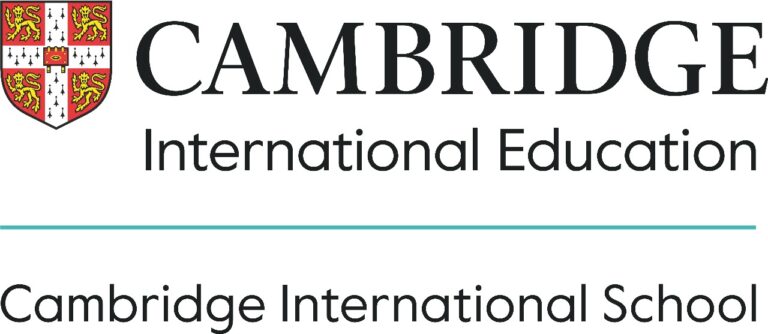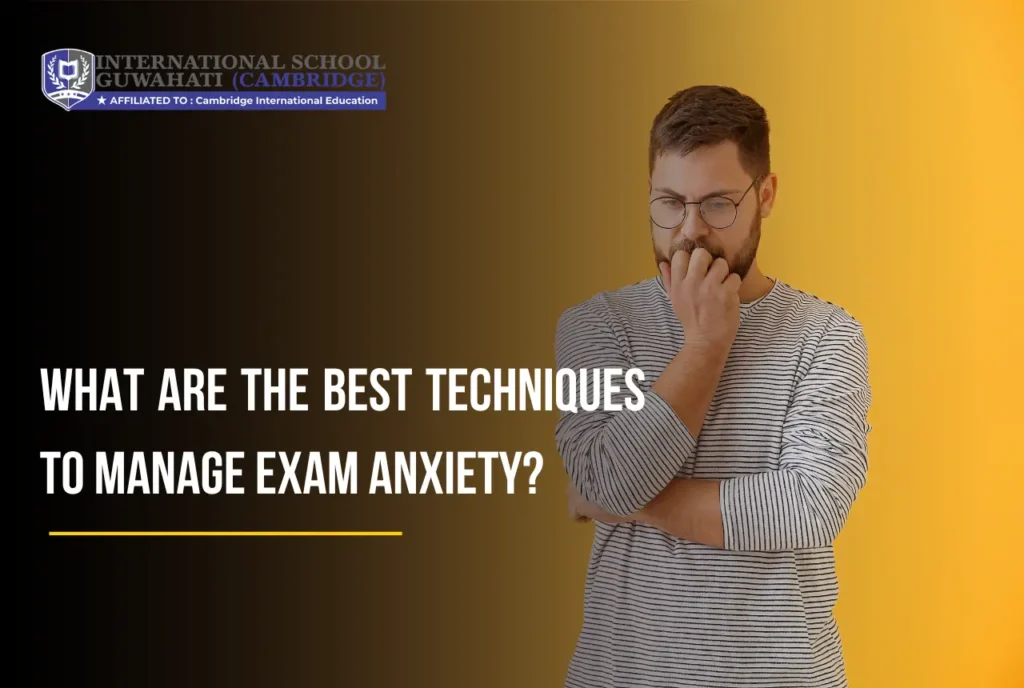![]()
In the relentless pursuit of academic excellence, the best techniques to manage exam anxiety are often elusive. Yet, in the labyrinth of scholarly challenges, there exists a treasure trove of strategies to navigate the turbulent waters of stress and anxiety. From the ancient art of mindfulness to the modern marvels of cognitive-behavioral therapy, the arsenal of tools at our disposal is as vast as it is varied.
Best Techniques to Manage Exam Anxiety is a quest that demands a multifaceted approach. It requires a blend of mental fortitude, emotional resilience, and strategic planning. It’s about understanding the intricate dance between our thoughts, feelings, and behaviors, and learning to wield that knowledge to our advantage. It’s about embracing the power of positive psychology and harnessing the transformative potential of self-compassion. It’s about recognizing that the journey to success is not a sprint but a marathon and that the path to victory is paved with perseverance and patience.
Importance of Preparation

Thorough preparation plays a crucial role in combating exam anxiety and maximizing performance. Effective study habits like active learning, such as summarizing information in your own words, and spaced repetition techniques, like revisiting key concepts at increasing intervals, solidify understanding and improve long-term retention.
Creating a realistic study schedule breaks down the workload into manageable chunks, preventing the stress of last-minute cramming. This schedule should be tailored to your learning pace and the specific demands of the exam. Additionally, understanding the exam format and content allows you to target your studying effectively, focusing on the most relevant topics and question types.
By dedicating time to structured preparation, you equip yourself with the knowledge and confidence to approach exams calmly and successfully.
Here are some of the Best Techniques to Manage Exam Anxiety
Deep Breathing Exercises for Exam Anxiety
When exam stress strikes, deep breathing exercises offer a simple yet powerful tool to regain composure. Techniques like the 4-7-8 method involve inhaling for 4 seconds, holding your breath for 7 seconds, and exhaling slowly for 8 seconds. This extended exhale activates the parasympathetic nervous system, promoting relaxation and reducing stress hormones.
Another effective technique is alternate nostril breathing. By closing one nostril at a time while inhaling and exhaling through the other, you can bring a sense of balance and calm to your body and mind.
Regular practice of these exercises is key to maximizing their effectiveness. By incorporating them into your daily routine, you can build resilience and equip yourself to manage exam anxiety effectively.
Progressive Muscle Relaxation for Test Anxiety
Progressive muscle relaxation (PMR) offers a powerful technique to manage exam anxiety by addressing physical tension. This method involves systematically tensing and releasing specific muscle groups, allowing you to become aware of and release pent-up tension throughout your body.
By focusing on specific muscle groups and the sensations of tension and relaxation, you can regain a sense of control and calm. Additionally, combining PMR with visualization can enhance its impact. Imagine yourself in a peaceful setting, engaging your senses to further promote relaxation and reduce test anxiety.
Relaxation Techniques for the Mind and Body

Progressive muscle relaxation (PMR) offers a powerful technique to manage exam anxiety by addressing physical tension. This method involves systematically tensing and releasing specific muscle groups, allowing you to become aware of and release pent-up tension throughout your body.
By focusing on specific muscle groups and the sensations of tension and relaxation, you can regain a sense of control and calm. Additionally, combining PMR with visualization can enhance its impact. Imagine yourself in a peaceful setting, engaging your senses to further promote relaxation and reduce test anxiety.
Cognitive Behavioral Therapy (CBT) for Exam Stress

When facing exam anxiety, our inner voice can often become our worst enemy. Cognitive Behavioral Therapy (CBT) equips you with tools to tackle negative thought patterns and self-defeating beliefs that contribute to exam stress.
Through CBT, you learn to identify these negative thoughts, such as “I’m going to fail,” and challenge their validity. You explore evidence that contradicts these thoughts and replace them with more realistic and helpful ones, such as “I am prepared, and I will do my best.”
Cognitive restructuring techniques help you challenge self-doubt and catastrophizing, where you assume the worst possible outcome. By replacing these negative thought patterns, you can significantly reduce anxiety and approach exams with a more positive and empowered mindset.
CBT can be particularly helpful when coupled with other relaxation techniques like deep breathing and progressive muscle relaxation, offering a comprehensive approach to managing exam stress and enhancing academic performance.
Techniques for Identifying and Challenging Negative Thoughts
Exam anxiety often fuels unhelpful thinking patterns. Techniques like identifying catastrophizing (“If I fail this, my life is over”) and all-or-nothing thinking (“I either ace this or I’m a complete failure”) are crucial.
Next, examine the evidence for and against these thoughts. Are there examples where you bounced back from a setback? Can you break down the exam into manageable parts, allowing success in various areas even if not all?
By challenging these negative thoughts and developing more balanced and realistic perspectives, you can significantly reduce their power and approach your exams with greater confidence.
Lifestyle Management for Reduced Anxiety
Exam anxiety can’t be tackled solely with study tactics and mental exercises. A healthy lifestyle plays a crucial role in managing stress and promoting mental well-being.
Prioritizing good sleep hygiene ensures you’re well-rested and can focus optimally during exams. Regular exercise releases endorphins, natural mood enhancers, and improves overall well-being.
Maintaining a balanced diet is equally important. Avoid excessive caffeine and stimulants before exams, as they can exacerbate anxiety. Additionally, engaging in enjoyable activities and taking regular breaks prevent burnout and help you maintain perspective. Remember, your well-being is just as important as academic achievement.
Seeking Professional Help

If self-help strategies like those mentioned above prove insufficient in managing exam anxiety, seeking professional help is crucial. Therapists, counselors, or learning specialists can provide personalized guidance and support.
These professionals can equip you with additional coping mechanisms, address underlying anxieties, and develop long-term strategies for managing stress. Additionally, online therapy and support groups offer accessible options for individuals seeking support. Remember, asking for help is a sign of strength and can be instrumental in overcoming exam anxiety and achieving your academic goals.
Conclusion
Exam anxiety, while common, doesn’t have to define your academic journey. By employing the strategies outlined in this guide, you can equip yourself to effectively manage stress and approach exams with confidence. Remember, a combination of effective preparation, relaxation techniques, cognitive reframing, and healthy lifestyle habits can empower you to take control of your exam experience and achieve academic success.










